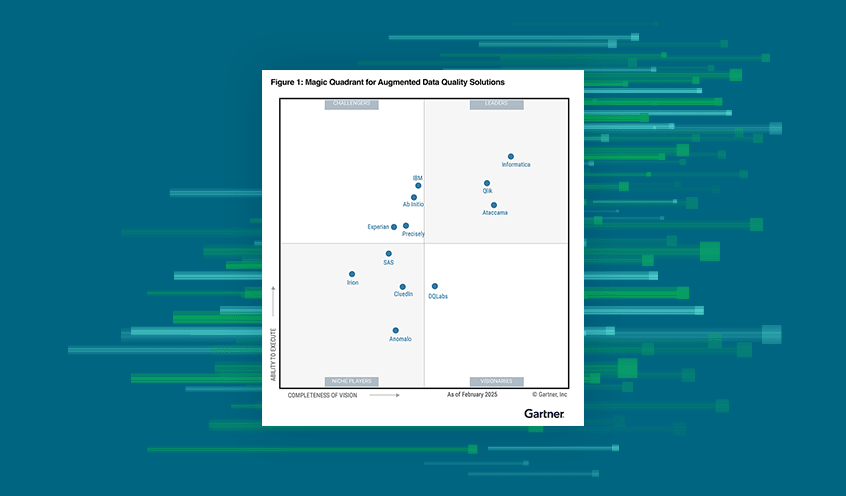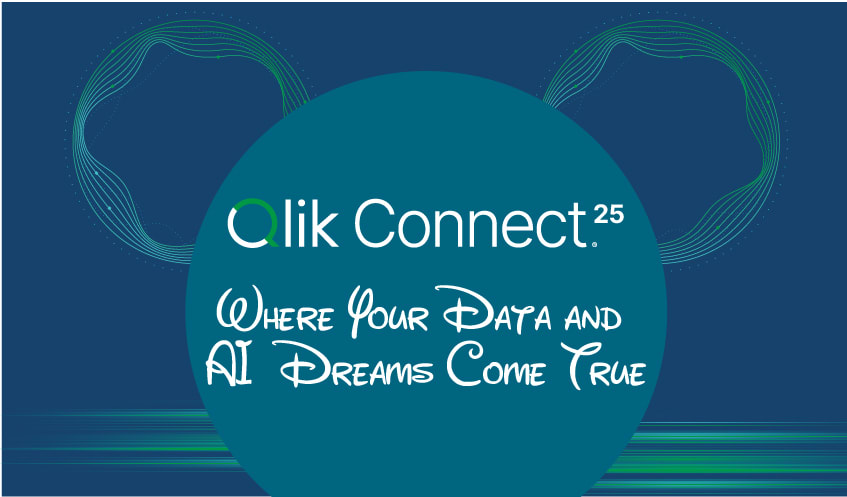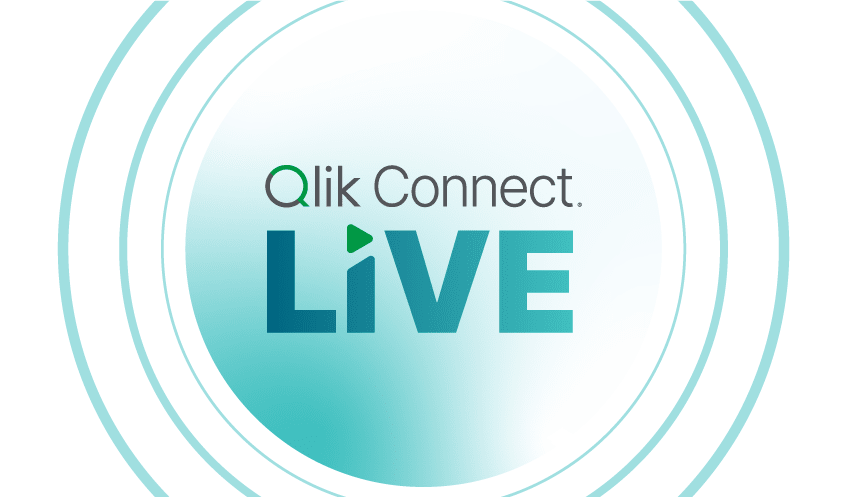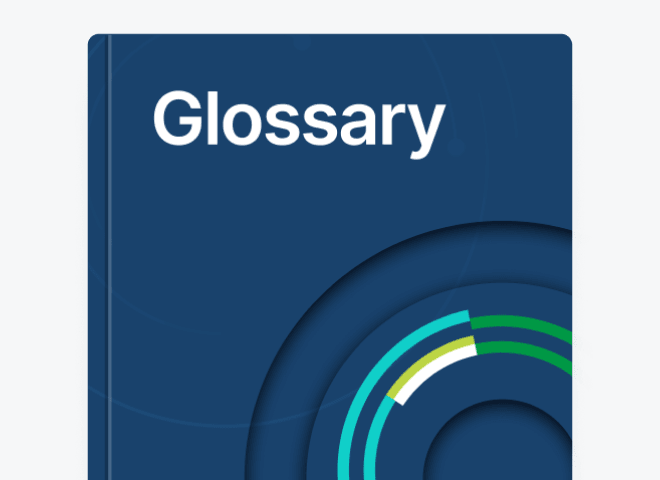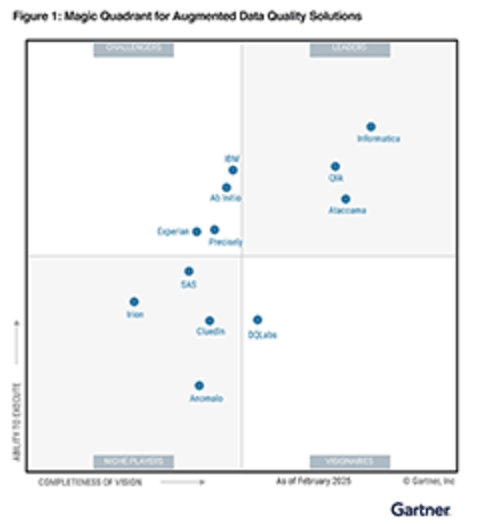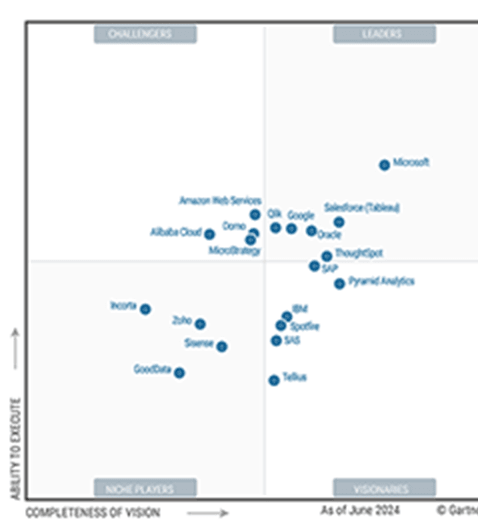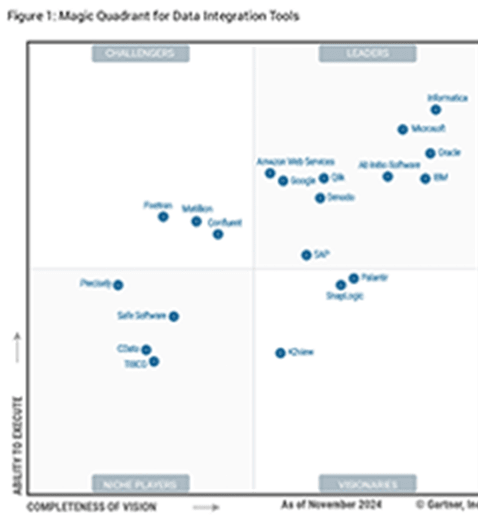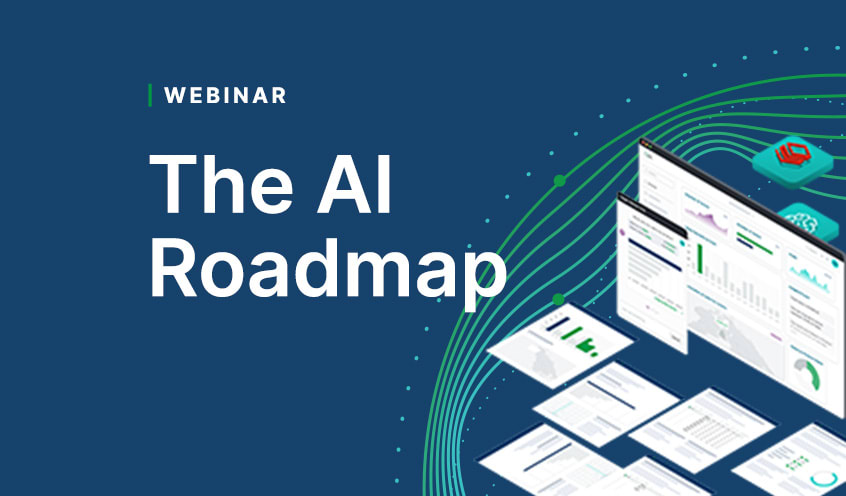Do Data Differently
We deliver AI-powered analytics and robust data integration solutions tailored to meet the evolving needs of enterprise organizations.

Team up with a Gartner® Magic Quadrant™ Leader
in three categories
Seamless data integration and powerful Al-driven analytics to drive better business decisions
Stream Qlik Connect Live
Join us May 14-15 for a front row seat to Qlik Connect. Catch live keynotes, innovation spotlights, and a special session with Olympian Katie Ledecky — all from wherever you are.

How data-driven leaders tackle their toughest challenges
DATA INTEGRATION
Airbus Consolidates Heterogeneous Data with Near Real-Time Updates
With Qlik, Airbus gathers and manages data on thousands of aircraft parts across their supply chain and inventory.
DATA INTEGRATION
Vanguard Uses Qlik Data Integration to Manage Diverse Workloads and Huge Data Volumes
Adoption of the cloud data platform increased by 200% year-over-year and compute costs reduced by 30%.
ANALYTICS
Intuit Simplifies Analytics with a Company-Wide Portal
The technology leader now provides access to real-time data across multiple applications through a modern web experience.
ANALYTICS
Data Research Reduced From Thousands of Hours to Near Real Time
Market leader Georgia-Pacific created an easy-to-use single source of truth for both developers and end users.
1 of 4














